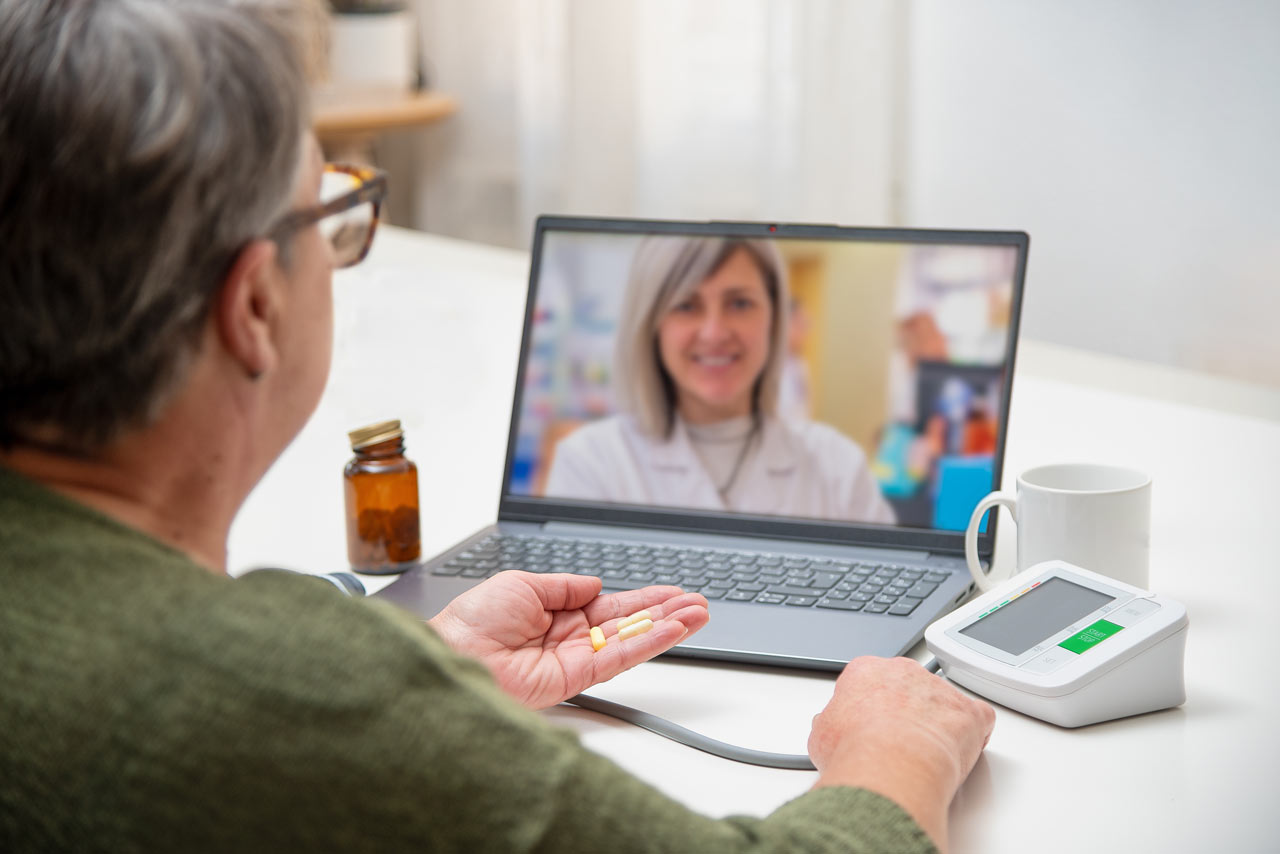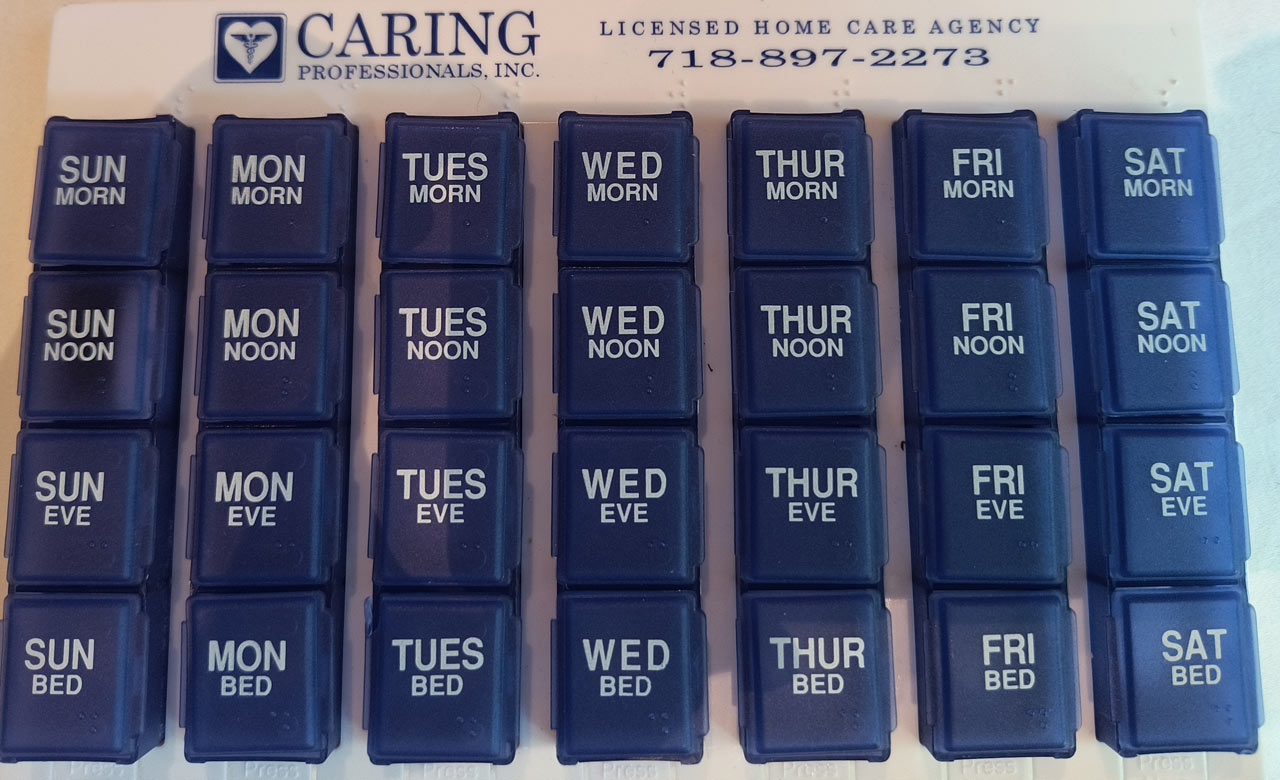When you notice accidents, scrapes on the car’s body, traffic tickets, or mistakes while driving, it’s time to act. On the other hand, driving means independence. So, this will be a hard conversation to hold.
- Plan. Don’t wait for an accident to happen to hold the conversation. Talk about the fact that eventually he will stop driving.
- When you hold the conversation, express concern about changes you have noticed. Use specific examples that show real problems such as last week when you went out for bread and milk, this happened. I’m really concerned. Be empathetic. I know you really don’t want to give up driving, but I don’t want you to get hurt.
- You can also appeal to your dad’s sense of responsibility and concern for others.
- Have alternative transportation arrangements prepared before you have the conversation. Think through in advance how he will get to places (Uber, Access-a-ride, a neighbor who will drive him to the supermarket) so he will continue to have access to social events and maintain an active lifestyle. You want to say directly during the conversation that you want to help him to be independent and continue his activities that he enjoys. Remember that Uber, taxis, etc. cost money. Budget accordingly as you set up an Uber account.
- You may want to include the voice of an esteemed professional. Maybe get a letter from a doctor.
- Anticipate a sense of loss on the part of the senior. Calling this change retirement from driving rather than giving up driving is sensitive and empathetic.
- Keep in mind that ceasing to drive is a big milestone. Be understanding that even though it’s logical and safe, it’s a hard thing to give up one’s independence.
There are some tools available that will help with this conversation.
A four-module training video offered by AARP provides a comprehensive approach and practice segments for holding the conversation with the senior. It discusses key elements of communicating understanding, validating feelings and planning the conversations. Filmed conversation starters, real life scenarios, and interactive elements really prepare family members for dealing with this safety concern and offering of transportation alternatives. It’s a free lengthy course on their website but well worth the investment of time. Go to aarp.org/auto/driver-safety/we-need-to-talk/
There are several driving skills programs for older adults. Most are free or low-cost courses and are offered both online and in-person. Many local libraries offer the AARP courses. They are based on new research and offer discounts on participating car insurance policies in various states as improving driving skills is the goal. Check out these three.
AAA, AARP, and the American Occupational Therapy Association have developed a unique program to improve driver “Fit” for older adults. Seniors register for a free session where a trained volunteer checks comfort, safety, and fit to enhance the driver’s seat experience. They also offer an online presentation to improve driver safety and that of the other drivers. Check it out at car-fit.org.
The National Highway Traffic Safety Administration, a government agency, also offers useful information for car adaptation for seniors at nhtsa.gov. Search for Adapting Motor Vehicles for Older Drivers. Simply adjusting mirrors, the seat controls, and adding a cushion can significantly improve older driver safety.
Based on presentations of PSS Circle of Care
Other articles available in our home care resources:






